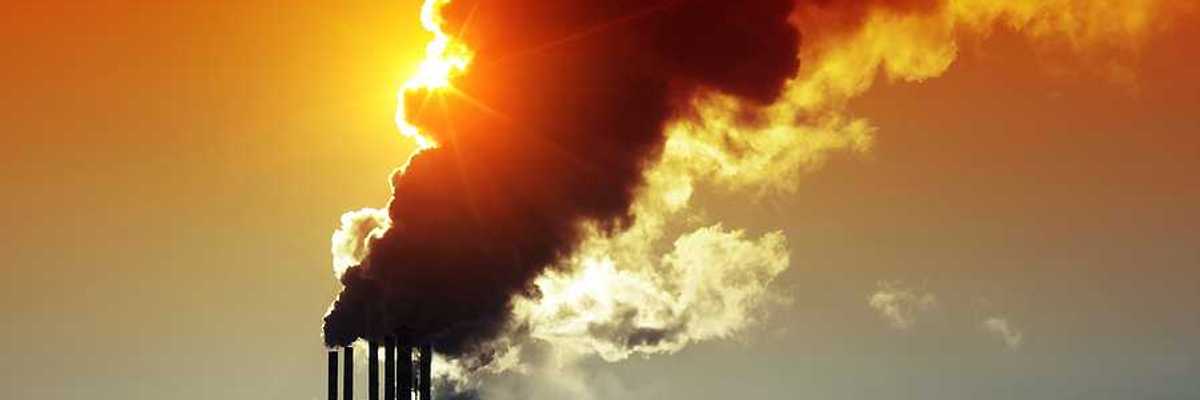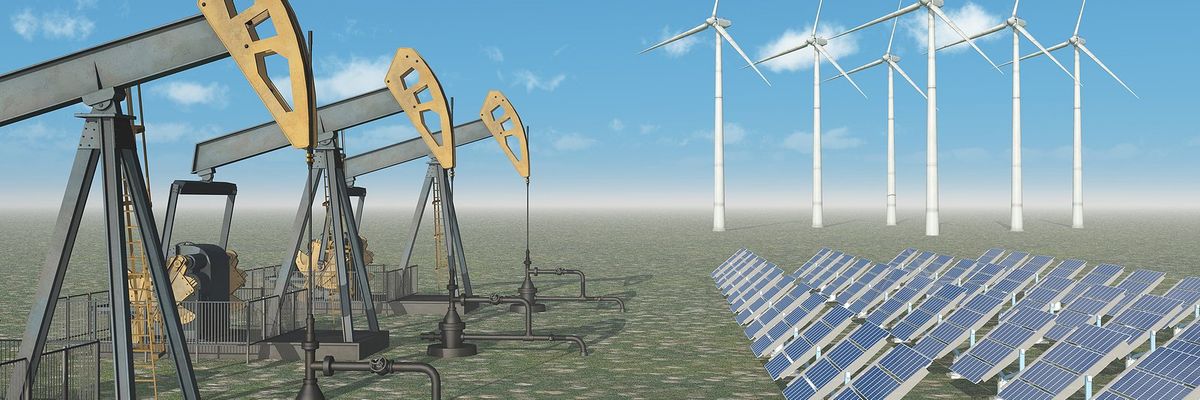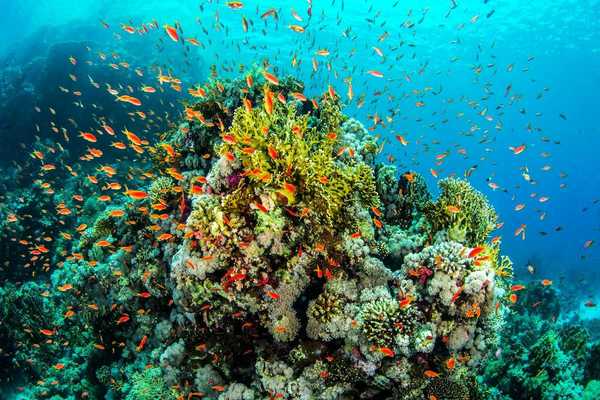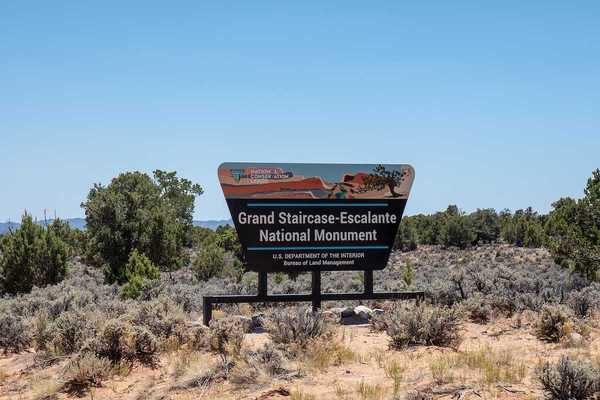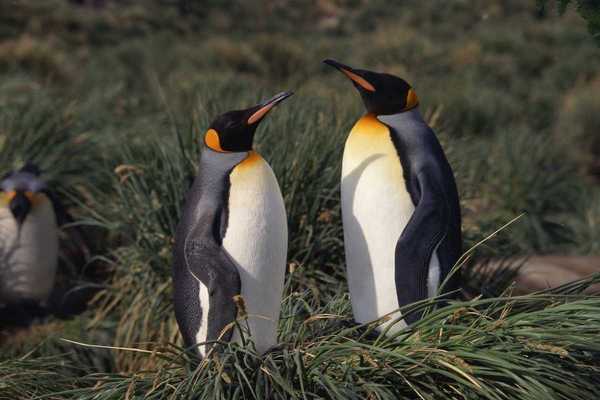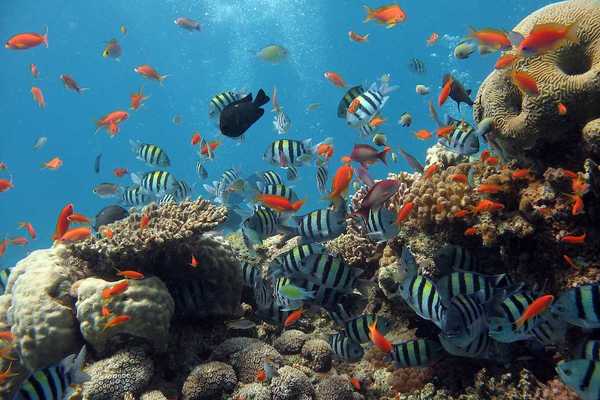environmental-health
Newsletter
Credit: Tee Theerapol/BigStock Photo ID: 60783539
An oil refinery defined life in this quaint California city. What happens when it’s gone?
For decades, the Valero refinery shaped Benicia’s economy, politics and health. Now the city has become a reluctant test case of whether an oil town can reinvent itself
Credit: Getty Images/Unsplash+
US government is accelerating coral reef collapse, scientists warn
Proposed Endangered Species Act rollbacks and military expansions are leaving the Pacific’s most diverse coral reefs legally defenseless.
Newsletter
Credit: Melissa Kopka/BigStock Photo ID: 259884463
Former New Mexico congressman Pearce faces questions about public lands views as he seeks federal post
Democratic senators on the Energy and Natural Resources Committee keyed in on Steve Pearce's previous statements about public land selloffs.
Newsletter
Credit: Getty Images/Unsplash+
Satellites reveal new climate threat to emperor penguins
Ice loss in the Antarctic Ocean may be killing the sea birds during their molting season.
Credit: kentoh/Big Stock Photo
Podcast: Why science communication fails
In this episode of The Great Simplification, researcher John Cook explains why simply debunking false claims can backfire and how identity, tribalism and flawed reasoning shape what science people accept.
Newsletter
Credit: Eli Shafer/BigStock Photo ID: 763247
Chronic ocean heating fuels ‘staggering’ loss of marine life, study finds
Fish levels fall by 7.2% with as little as 0.1C of warming per decade, northern hemisphere research shows.
Newsletter
Credit: RazvanPhotography/BigStock Photo ID: 137092298
Dangerous heat for Tour de France riders only a ‘question of time’
Rising temperatures across France since the mid-1970s is putting Tour de France competitors at “high risk”, according to new research.
ORIGINAL REPORTING
MOST POPULAR
CLIMATE


